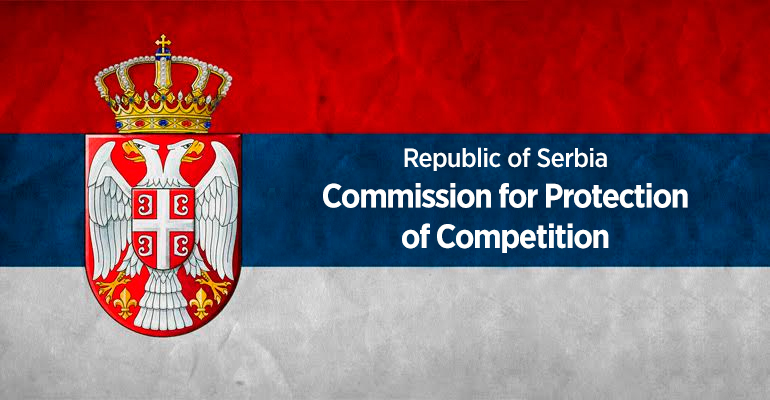

On 11 February 2016, the Serbian Commission for the Protection of Competition (the “Competition Commission”) published on its official website the Guidance Concerning Requests for Individual Exemption (the “Guidance”).
The overall message the Guidance sends can be seen as a warning that Competition Commission will no longer tolerate delays in notification of restrictive agreements – the deadline for such notification is immediately, otherwise annulment and fines may be incurred.
Namely, the Competition Commission, having in mind frequently asked questions in its everyday practice, concluded that it should provide more detailed information regarding the notifications of restrictive agreements. In particular, as stated in Guidance, the Commission wants to help undertakings to conduct their regular business operations, which often presupposes conclusion of the restrictive agreements. In order to help them avoid the possible sanctions for non -compliance with the Serbian Competition Act (the “Competition Act”), the Competition Commission decided to publish the Guidance.
The Guidance addresses four main issues:
In the first section, the Competition Commission explains the concept and the legal regime of the restrictive agreement under the Competition Act distinguishing it from the legal regime of restrictive agreements under the European Union (the “EU”) legislation. The Competition Commission also recalled that under the Competition Act, the restrictive agreements that are not exempt are forbidden and null.
Regarding the legal framework, the Competition Commission reminds that, in addition to relevant Serbian legislation, the EU law can only be used as an interpretative tool.
As far as what can be exempted, the Competition Commission makes it clear that it prefers to see final, signed versions of agreements. Although applications containing the “contents of an agreement” will be considered and decided upon, since such possibility exists under the applicable legislation, it is recommended that the submitted agreements are as final as possible.
In the final section, the Competition Commission gives some stern warnings and a promise of future help. Namely, the undertakings and its legal counsels are reminded that restrictive agreements that are not notified immediately run the risk of being found illegal and null, thereto risking the parties to a fine of up to 10% of their annual turnover in Serbia. Thus, the Competition Commission recommends that suspensory clauses are inserted into potentially restrictive agreements that are going to be notified, to the effect that their validity is suspended pending exemption by the Competition Commission. This would insulate the parties from liability while their agreement is being assessed.
Last but not least, while rejecting any role as “adviser” or “negotiator” in the parties’ commercial transactions, the Competition Commission promises to issue comprehensive guidelines that will assist undertakings in their “self-assessment” of agreements in the near future. In the meantime, pending the issuance of such guidelines, undertakings may address the Competition Commission with a request for an opinion or proceed directly to notify a potentially restrictive agreement.
A more in-depth analysis of the practical importance of the Guidance will be provided soon.